The Australian names to know in sustainable food and wine
From the man behind Sydney’s fish eatery Saint Peter to a self proclaimed meat-eating vegan, these Australians know a thing or two about sustainable food and wine.

This story was published in The List: Green Power Players 2022.
Josh Niland
Chef/restaurateur, Saint Peter
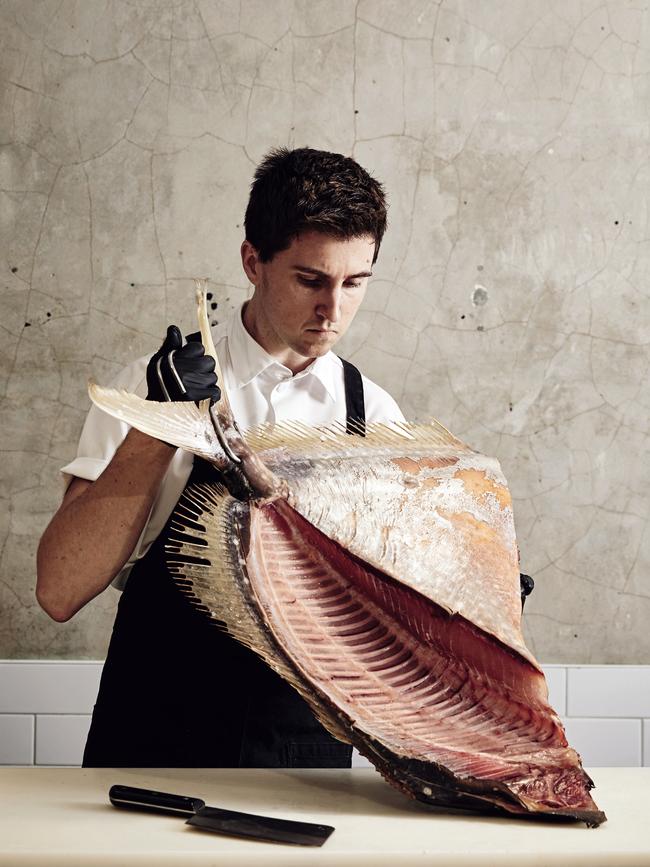
Yes, he’s a lovely cook and a skilled technician; an emerging entrepreneur with a quiver of seafood-related businesses and author of two cookbooks. But Niland’s lateral thinking on fish and other sea creatures is what sets him apart. Not only does he conceive of and execute fascinating ways to use fish but his whole-fish ethos makes him a non-proselytising no-waste figurehead. In a nation of catch/fillet/chuck amateur anglers, Niland asks “why?”. His thinking will inform other chefs and consumers for decades to come. mrniland.com
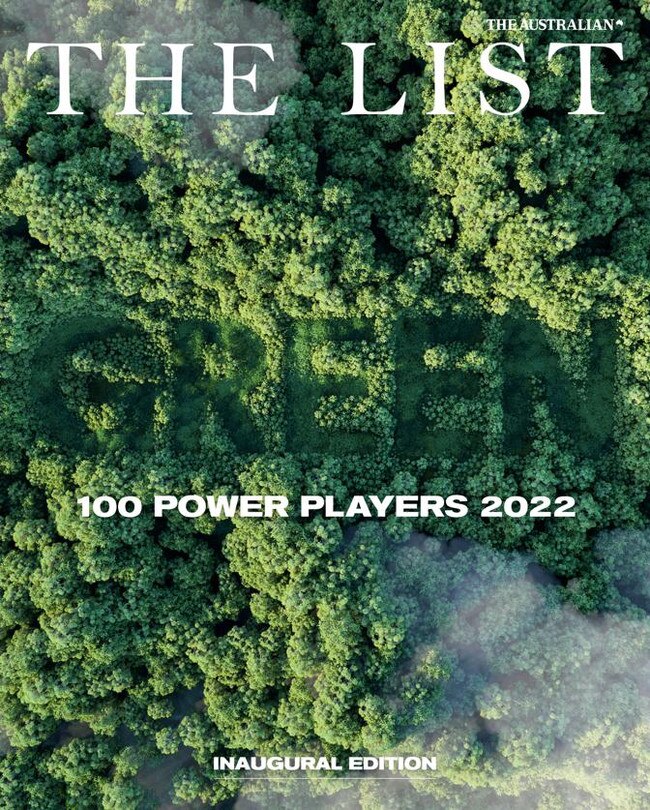
Mary Retallack
Viticultural consultant, Adelaide
Biodiversity in the vineyard is at the core of Retallack’s approach to improving soil and vine health. And it’s an approach that has made her a highly influential force in Australian wine. Noted wine writer Nick Ryan says Retallack’s work with some of our best and emerging winegrowers has changed the destiny of their vineyards. Winemaker Bruce Dukes, of Domaine Naturaliste in WA, says he applies the Retallack principles of native, varied ground covers and the power of native insectary plants in his own vineyards and the many he consults to every day. Retallack, a scientist, agronomist, agroecologist and third-generation viticulturist, won 2020’s Gourmet Traveller WINE Len Evans Award. viti.com.au
Sacha La Forgia
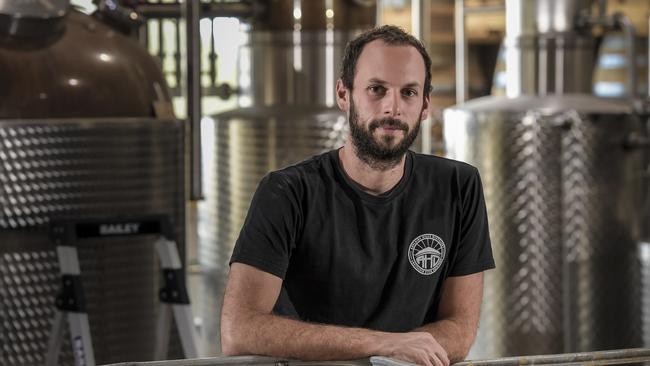
Head distiller, general manager and founder, Adelaide Hills Distillery/78 degrees
La Forgia’s environmentally benign approach is an example to entrepreneurs everywhere. He set up Adelaide Hills Distillery (which produces the 78 Degrees brand) to minimise energy consumption and waste. The distillery’s closed-loop water-usage program returns filtered water to the aquifer; he generates his own power via solar; refuses to malt his locally grown barley, thus lowering power consumption; and all spent grains are fed to his cattle on the property. And as an endorsement of La Forgia’s values, the business was bought in 2021 as part of a $47 million acquisition of several SA drinks brands by listed craft-drinks accelerator Mighty Craft.
Michael and Cressida Cains
Cheesemakers, Pecora Dairy
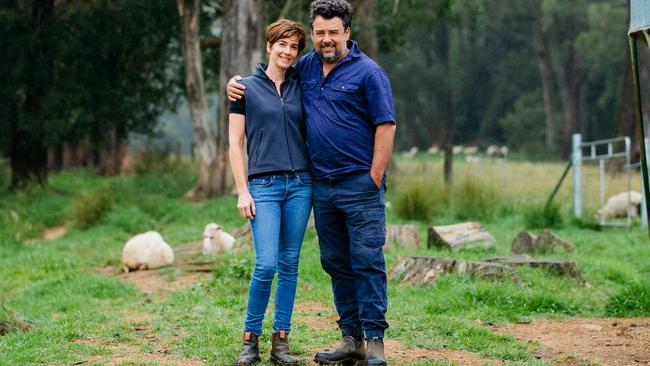
Michael and Cressida Cains look after their idyllic 100-hectare property in a lush pocket of the NSW Southern Highlands. That’s a given: their pastures are everything. They look after their flock of East Friesian ewes too, which makes complete sense when their sheep’s milk is at the core of everything they produce under their Pecora Dairy brand. The Cains’s are quintessential second-career farmers and Pecora has always been about representing the landscape and its biodiversity. But it is their commitment to raw milk cheese — making curds from their herd’s own, unpasteurised milk – that deserves recognition. They produced Australia’s first uncooked milk cheese – Yarrawa – followed by a raw milk blue cheese – Tongarra – and an award-winning raw milk feta. This represents an expression of traditional methods, responsible for the world’s best Old World cheeses, and the antithesis of industrial cheesemaking. Bravo.
Vanya Cullen
Winemaker and producer
She may be from the establishment Perth family that pioneered Margaret River’s wine industry, but maverick daughter Vanya Cullen is having the last laugh. Her passion for pure biodynamics in the vineyard – in all its wacky glory – combined with prodigious talent in the winery has made her a shining star. Long before the term “natural wine” was coined, Cullen was transitioning her parents Kevin and Diana Cullen’s vineyard to the holistic, ecological and ethical principles of biodynamics founder Rudolf Steiner. And making ever-more-acclaimed wines. Cullen is widely respected for her environment-first farming and was named 2020’s Halliday Wine Companion winemaker of the year. cullenwines.com.au
Shannon Martinez
Chef/author/entrepreneur, Smith and Daughters
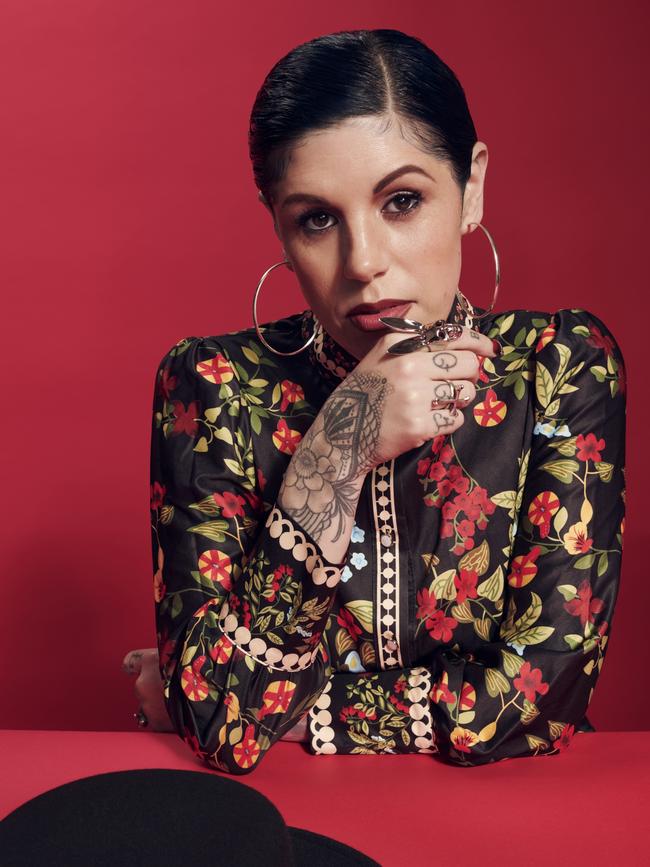
She’s the omnivore who has made her mark as a poster child for veganism, dragging the belief in eschewing all animal products out of the lentil jar and into the mosh pit. Martinez is sassy, in your face and well connected. MasterChef? These things don’t happen by accident. But her real influence is as a voice of environmental reason on the consumption of meat, particularly ruminants whose methane expulsion, in parallel with the rapid deforestation of important ecosystems for cattle production, is causing real harm to the planet. Martinez talks to a generation on the fence when it comes to meat consumption, and they’re listening. smithanddaughters.com
David Carter
CEO, Austral Fisheries
Your typical commercial fisherman is a rugged, unreconstructed pragmatist; David Carter is anything but. A “bona fide eco-warrior” is how one industry observer describes him. You know Carter’s business for products such as the Glacier 51 Toothfish and Skull Island Tiger Prawns. You probably don’t know that Austral, by way of investment in carbon offset and sequestration and innovative on-water technology, including hybrid diesel-electric power trains for their boats, was the world’s first seafood business certified carbon neutral. Or that all four of the company’s fisheries have Marine Stewardship Council accreditation, the blue-chip international standard in sustainable fisheries management. Carter is an example to all.
THE NEW GREEN ECONOMY
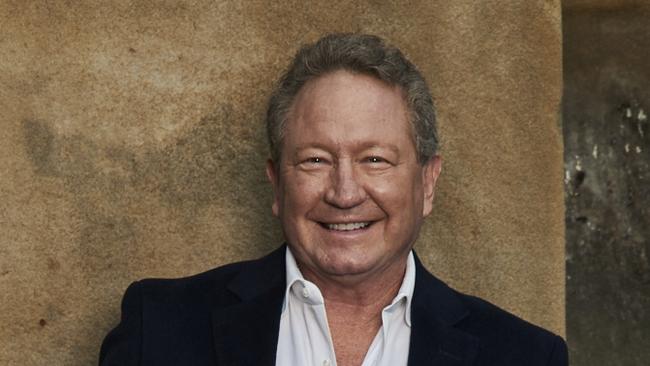
Twiggy’s green ambition put to the test
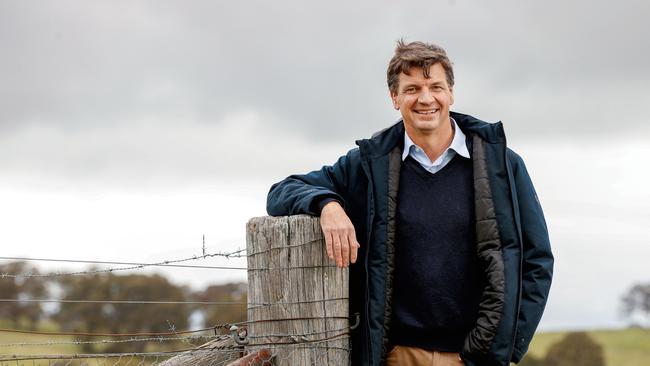
‘Cats can be herded if there’s a clear goal’: Angus Taylor
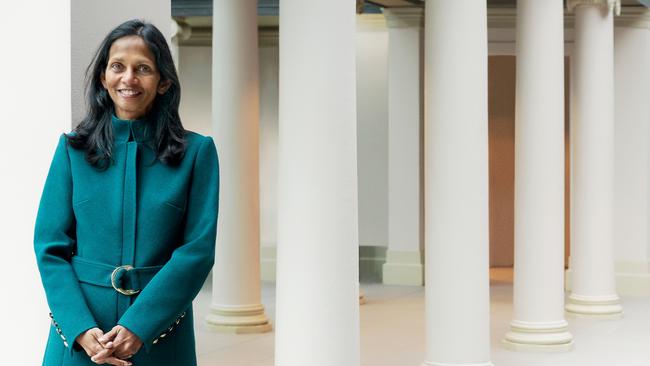
‘It’s our responsibility to be the adults’: Wikramanayake gets real
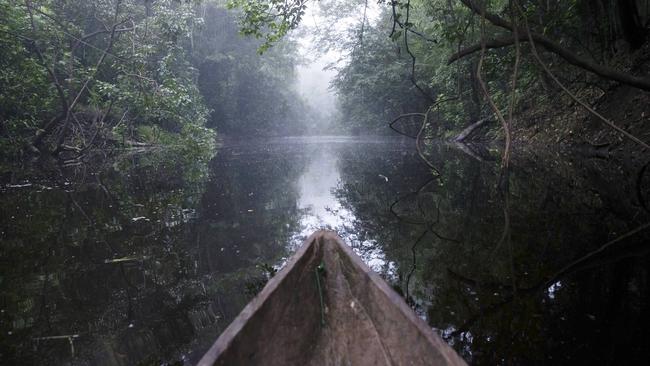
Is nature really at the centre of the ‘green dream’?
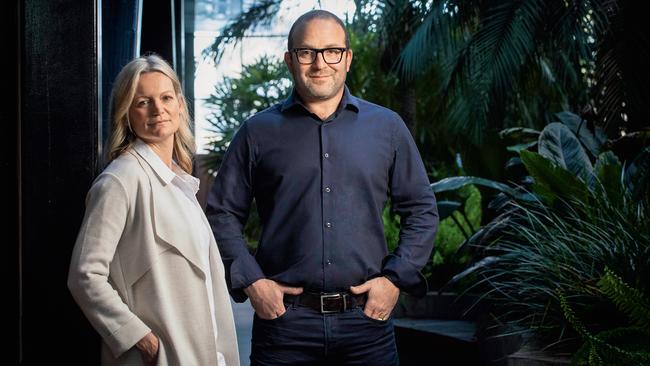
Rich-listers embrace climate shift
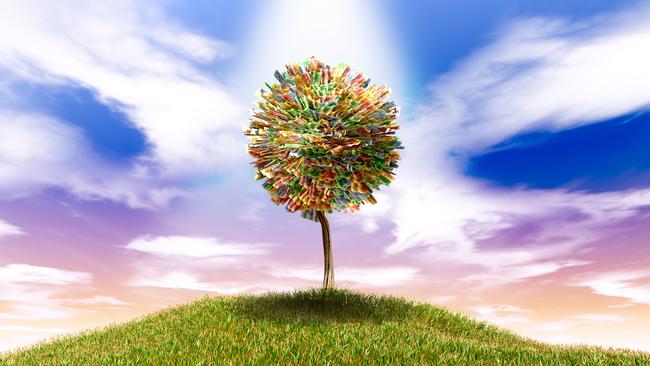
Why climate change is a business opportunity
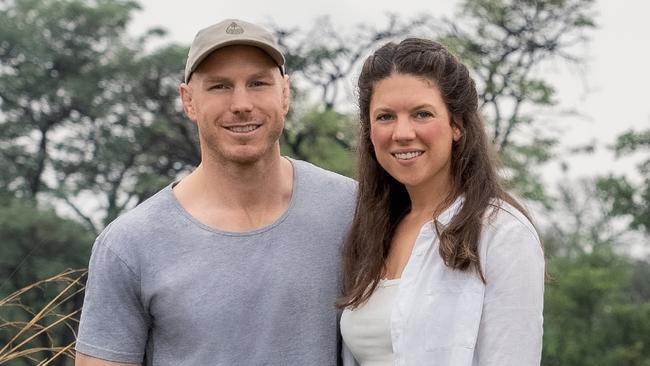
Rugby great takes climate fight to Canberra
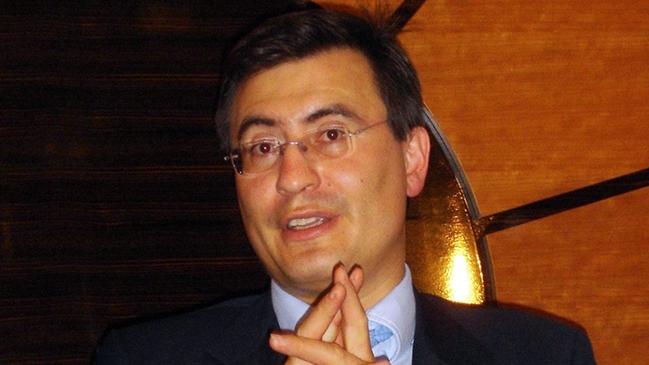
Billionaire piles pressure on big Aussie polluters
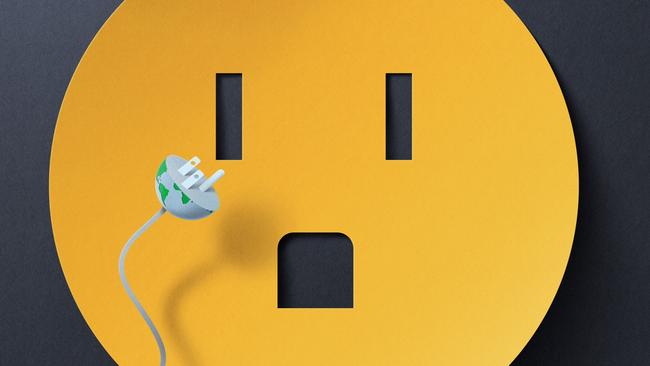
Could your car power your house one day?
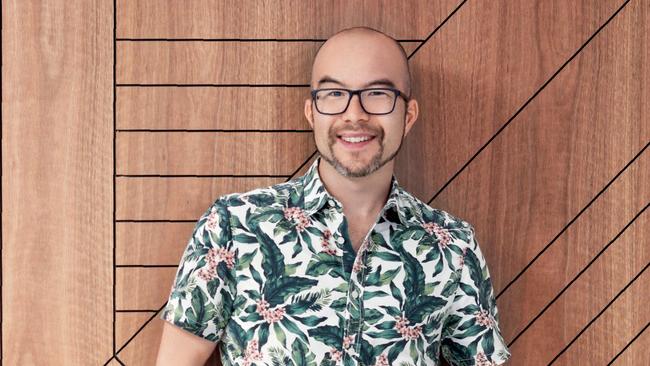
Cameron Adams on being a DJ loving climate warrior
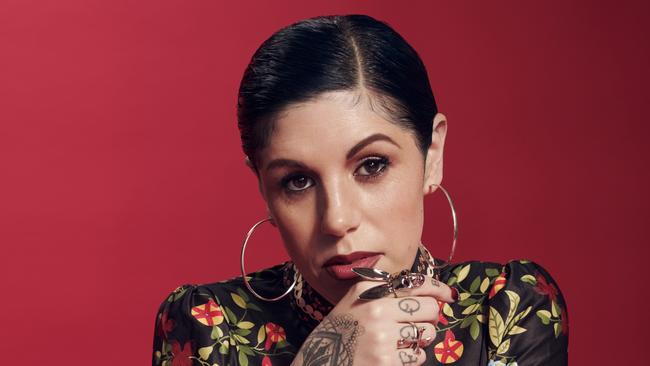
The Australian names to know in sustainable food and wine
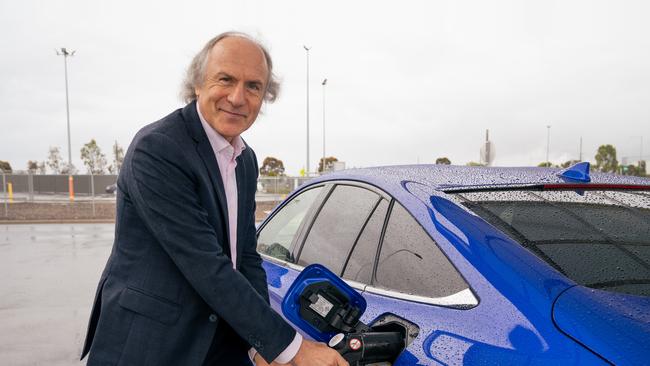
Alan Finkel: ‘Technology is enabled by government’
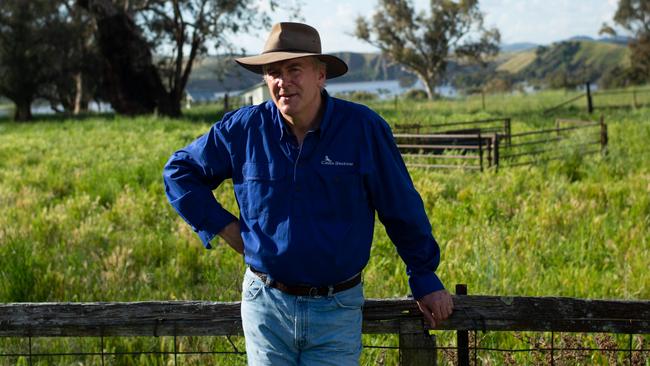
Climate solution may lie beneath our feet

Is this the cure for electric vehicle range anxiety?
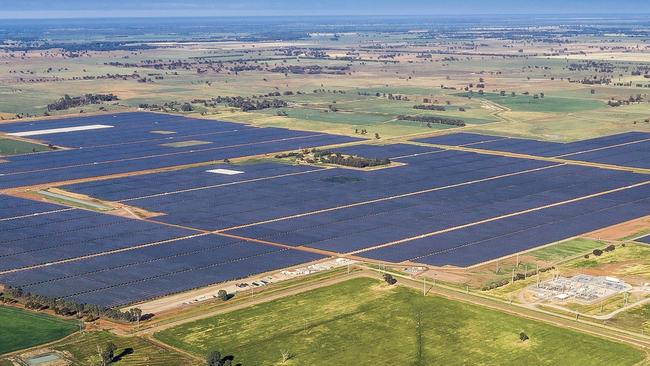
Solar plan set to shine
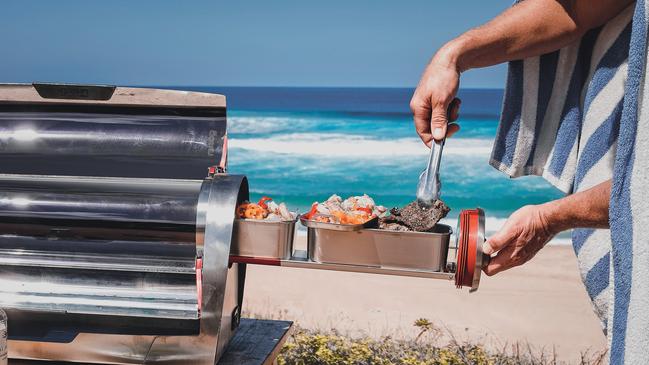
Six boundary-pushing tech innovations

Can an office be sexy … and sustainable?
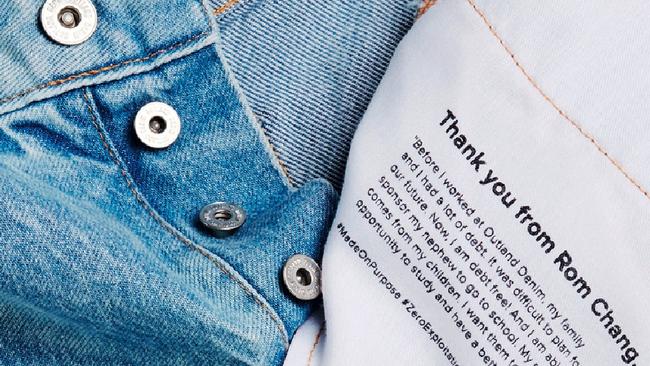
The Australian denim brand leading the charge
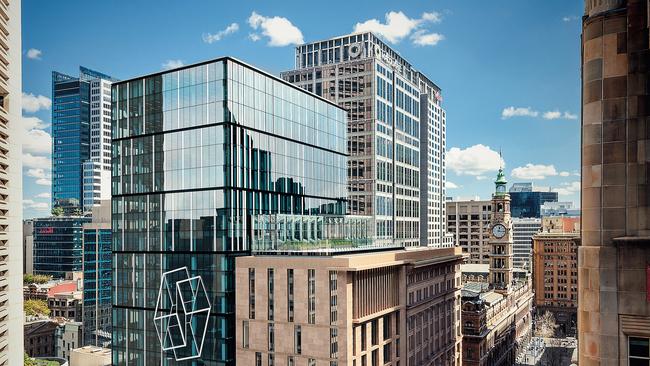
Sky’s the limit: Inside Australia’s greenest buildings
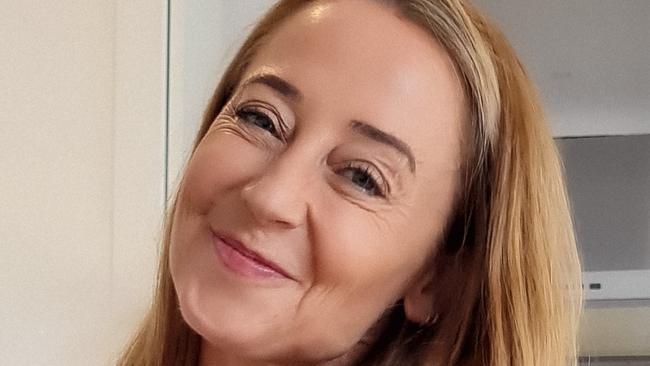
Living sustainably is harder than it looks
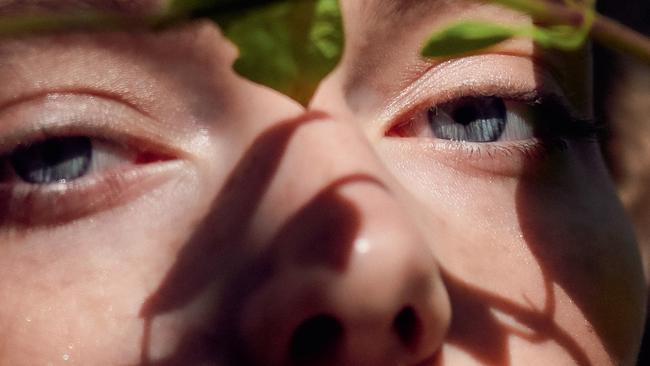
Skincare brands put planet before profit
A swath of pioneering skincare brands are setting new low-impact benchmarks in the process.

Solid-state batteries ‘will secure EVs’ future’

The fashion innovators to know in 2022
Grant Hilliard and Laura Dalrymple
Ethical butchers, Feather and Bone
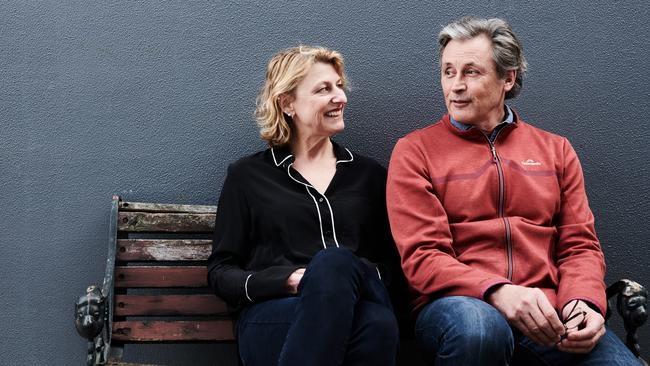
In a world where real butchers are becoming harder to find and meat retailers proliferate, Grant Hilliard and Laura Dalrymple are something else altogether. The duo champion the work of farmers committed to biodiversity, soil preservation and improvement, regenerative farming practices and humane animal husbandry. And did we mention finding a market for rare breed produce? Beyond that, Hilliard and Dalrymple have campaigned, written, spoken about and advocated for the causes in which they believe, ultimately expressed as “ethical agriculture”. Feather and Bone, operating out of Sydney’s Marrickville, also acts as an interface between the city and the bush, playing an important role in creating understanding, sharing wisdom and, by the way, supplying chefs and consumers with great food, too. featherandbone.com.au
Jordy and Julia Kay
Great Wrap
Winemaker Jordy Kay saw first hand the obscene quantities of landfill-bound non-biodegradable plastic wrap used in his industry, with some 150,000 tonnes disposed of in Australia annually. His wife Julia, an architect with a keen environmental bent, embodied a natural flair for design and innovation. Together they set out to develop the only Australian-made compostable stretch wrap made not from plants, but food waste. Two years in, they have a solar-powered factory outside Melbourne and Great Wrap has 35 employees, with commercial and consumer application products “live” and a plan to rid Australia of traditional plastic wrap. The potential impact is huge.
Joost Bakker
No-waste entrepreneur
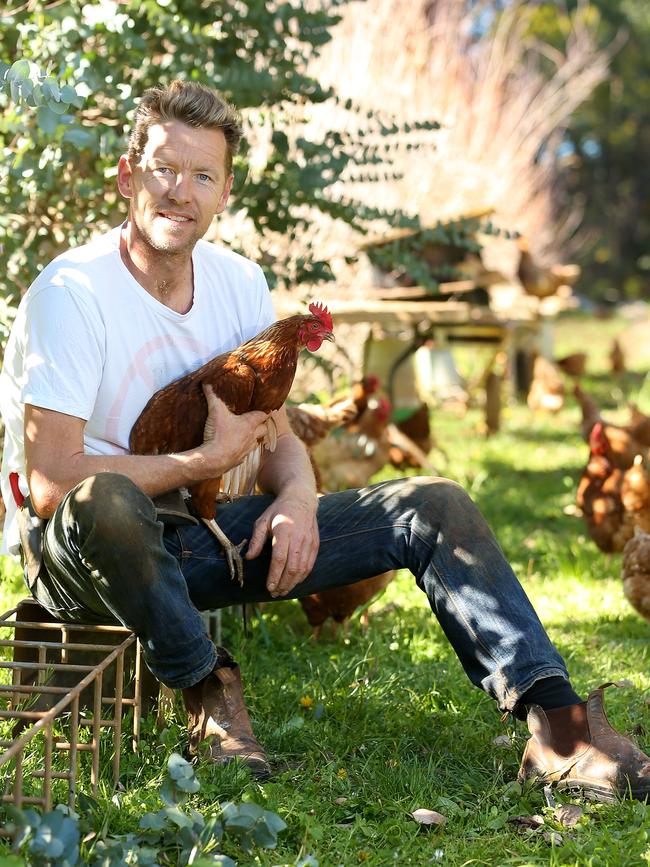
With a twinkle in his eye and a powerfully articulate voice, Joost Bakker has done more than anyone in Australia’s hospitality industry to pound home, justify, argue and, mostly, demonstrate the importance of waste minimisation. Bakker’s clout in the restaurant scene is difficult to overestimate. This son of Dutch-immigrant tulip growers is widely respected, yet it is the tangibles that sing his song loudest: Greenhouse in Perth (and later pop-ups in Sydney, Melbourne and London); Melbourne’s first zero-waste restaurant, Brothl; his part in the Burwood Brickworks development; his inspired recycling in residential construction; and his masterpiece, the Futurefoodsystem self-sustaining, zero-waste house in Melbourne’s Federation Square. Bakker doesn’t just think outside the square; he moves the square with him. futurefoodsystem.com
This story appears in our upcoming The List: Green Power Players 2022 out on Friday.

To join the conversation, please log in. Don't have an account? Register
Join the conversation, you are commenting as Logout